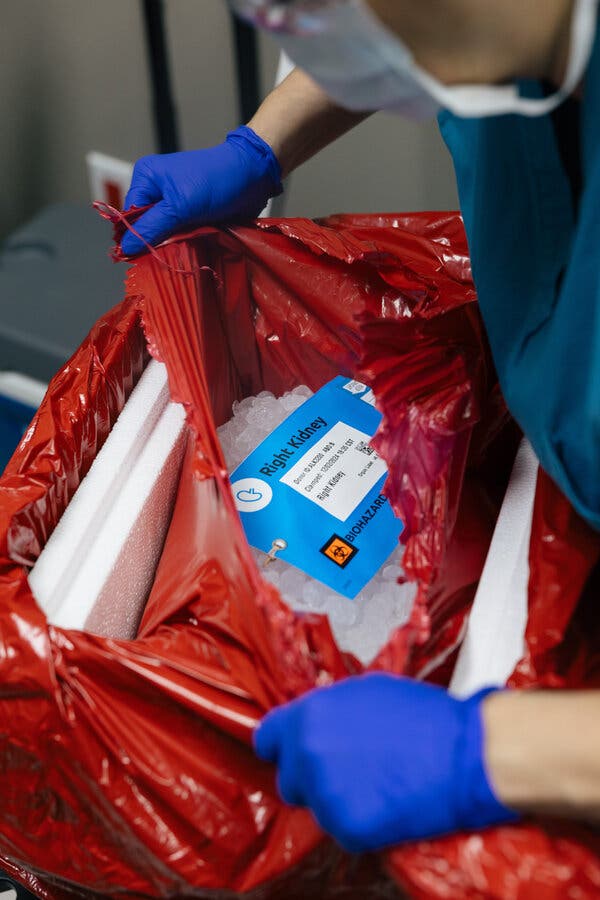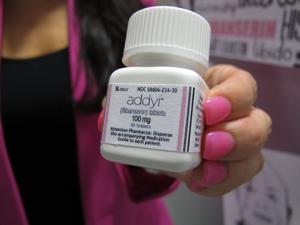
Over 173 million Americans are registered as organ donors, indicated by a small red heart on their driver’s licenses. While the number of registered donors continues to rise, medical ethicists highlight that misconceptions about the organ donation process persist, affecting patients and families alike. Understanding the steps and implications of becoming an organ donor is crucial for informed decision-making.
How to Register as an Organ Donor
Becoming an organ donor is accessible to adults in the United States. Most states allow teenagers as young as 15 years old to express their intent to donate, although parental consent may be required to finalize the decision. Individuals can register to become organ donors at their local Department of Motor Vehicles (D.M.V.), during the voter registration process, or through online forms linked to local Organ Procurement Organizations (O.P.O.s).
These O.P.O.s are nonprofit federal contractors that coordinate organ transplants within each state. In addition, Donate Life America, an advocacy organization, maintains a nationwide registry, providing resources for individuals wishing to sign up or modify their donor status. While registration processes are generally straightforward, some residents have reported difficulties in withdrawing from the registry in certain states.
The Legal Implications of Organ Donation
Understanding the legal ramifications of organ donor status is essential. If an individual is declared legally dead after tests confirm no signs of neurological activity—commonly referred to as being “brain-dead”—the organ donation status indicated on their driver’s license becomes legally binding. This remains true even if family members disagree with the decision.
In such cases, patients are often maintained on a ventilator until their organs can be retrieved for donation. This practice raises ethical questions regarding family consent and the timing of organ retrieval, emphasizing the importance of clear communication regarding one’s wishes while alive.
As organ donation continues to save lives, awareness and understanding of the registration process and its implications are vital. As more individuals consider registering, it is critical to address the confusion surrounding organ donation, ensuring families can engage in open discussions about their preferences and values.







